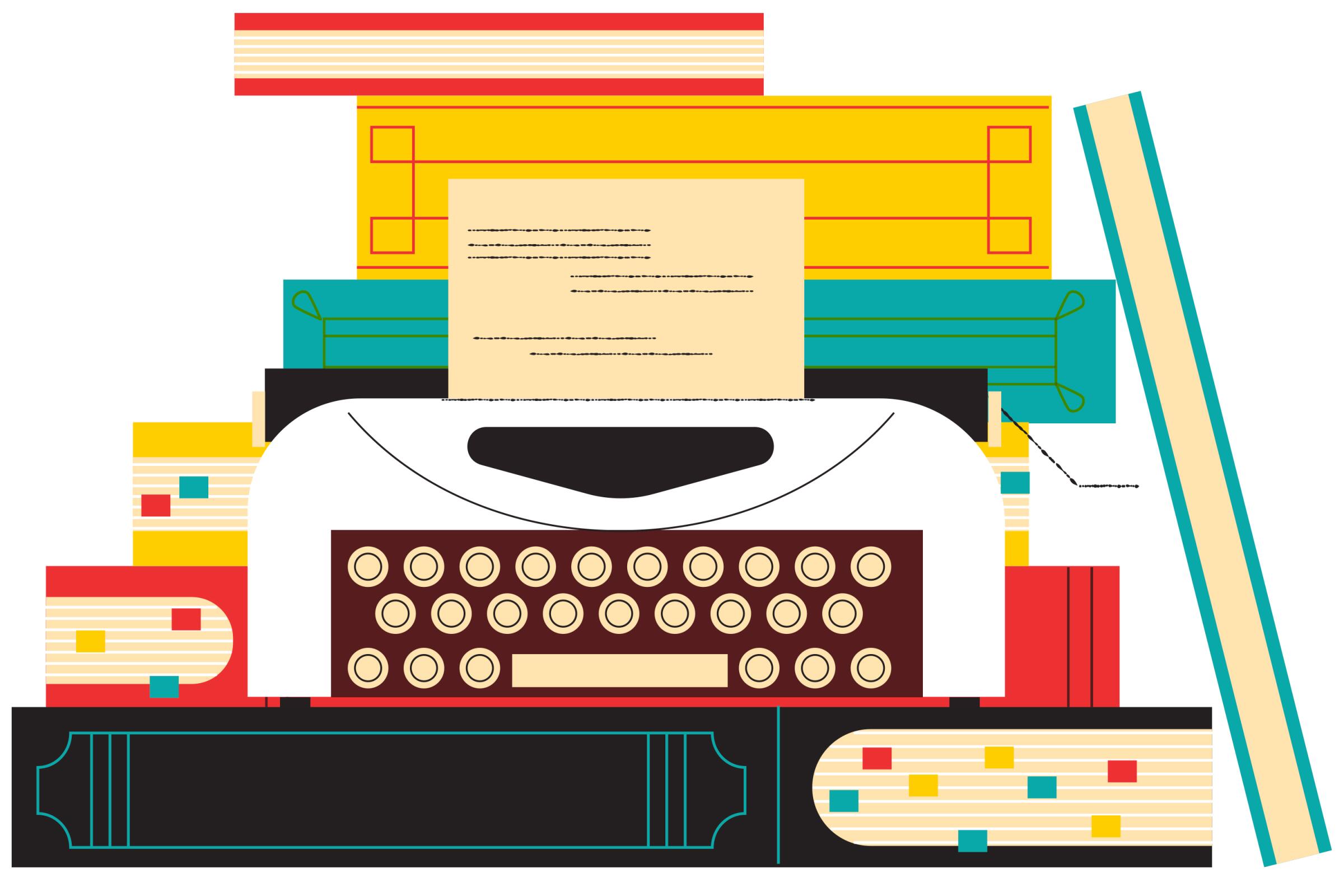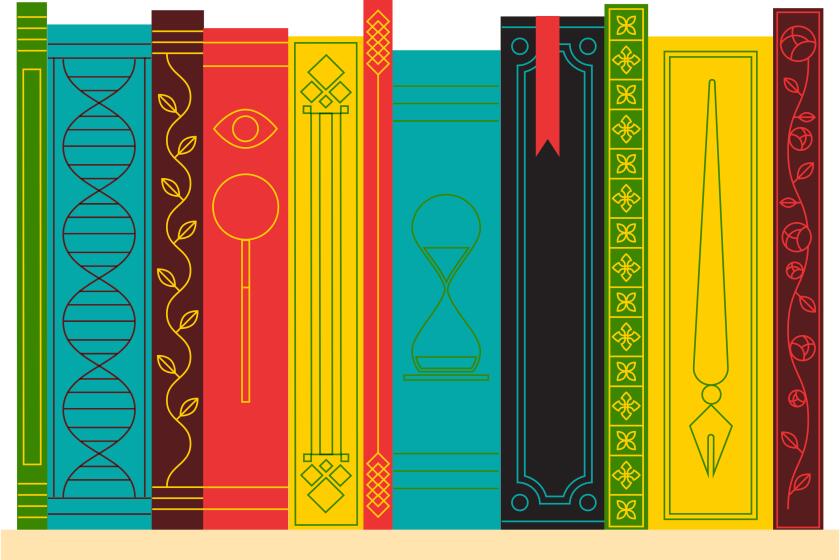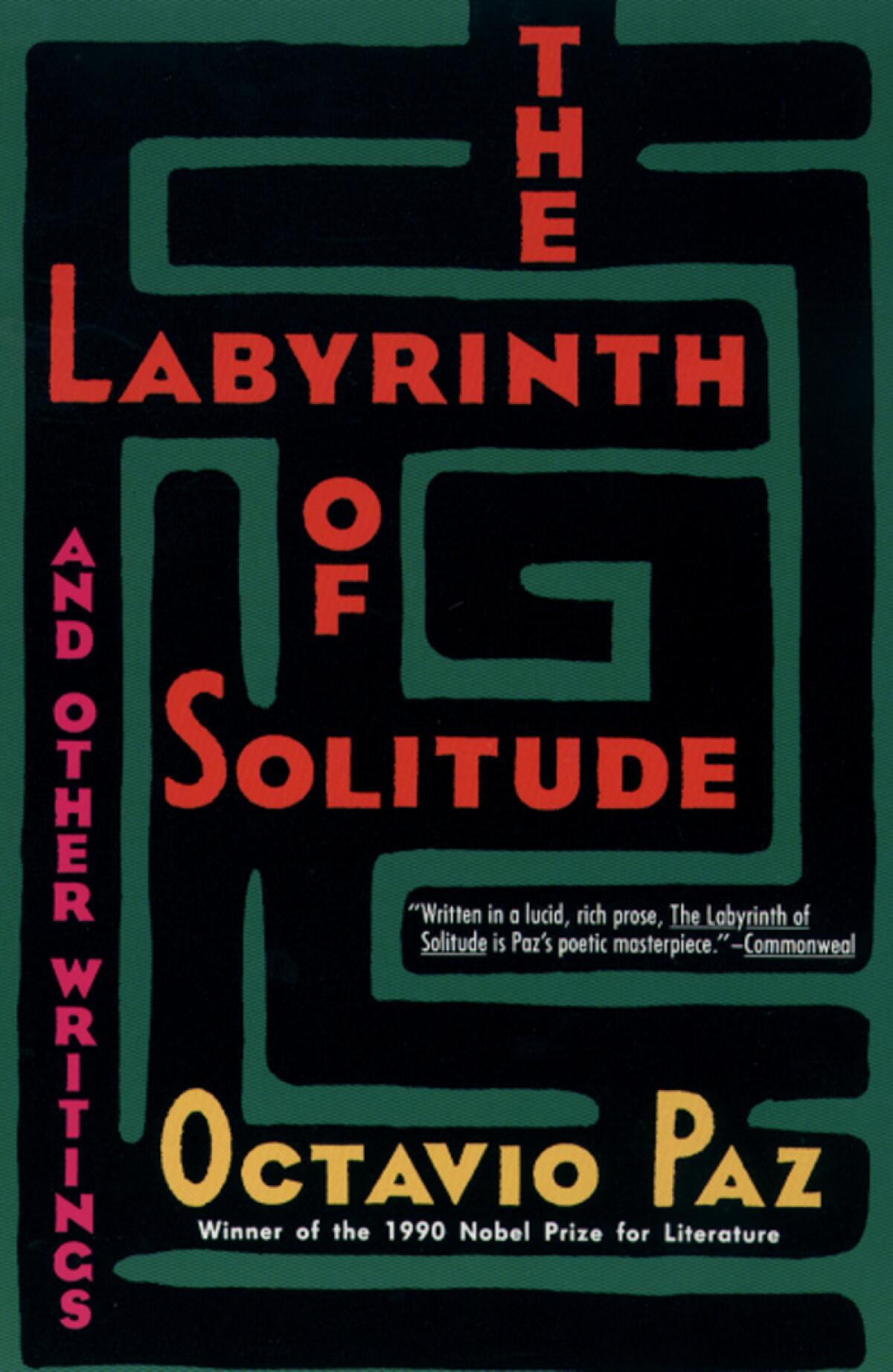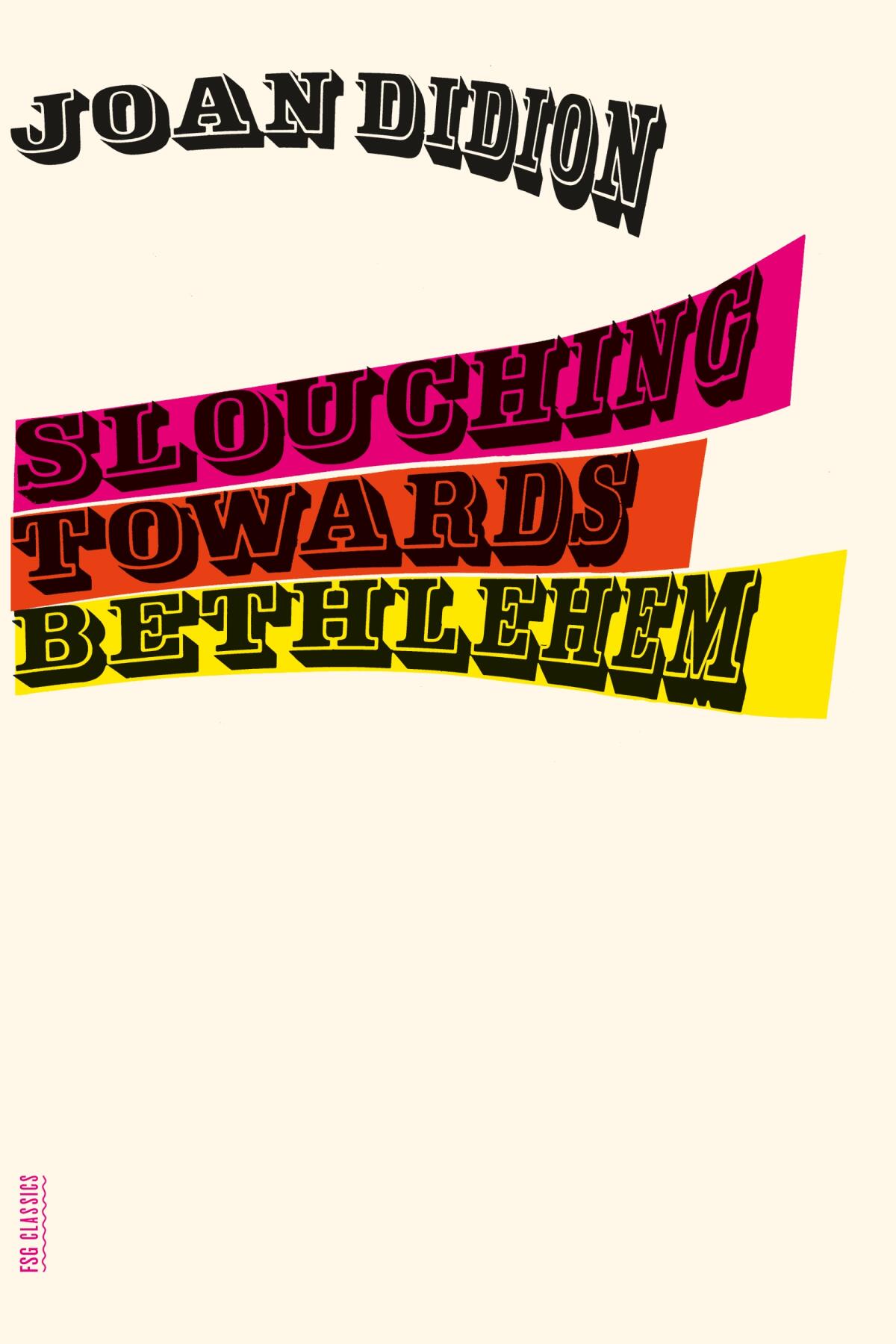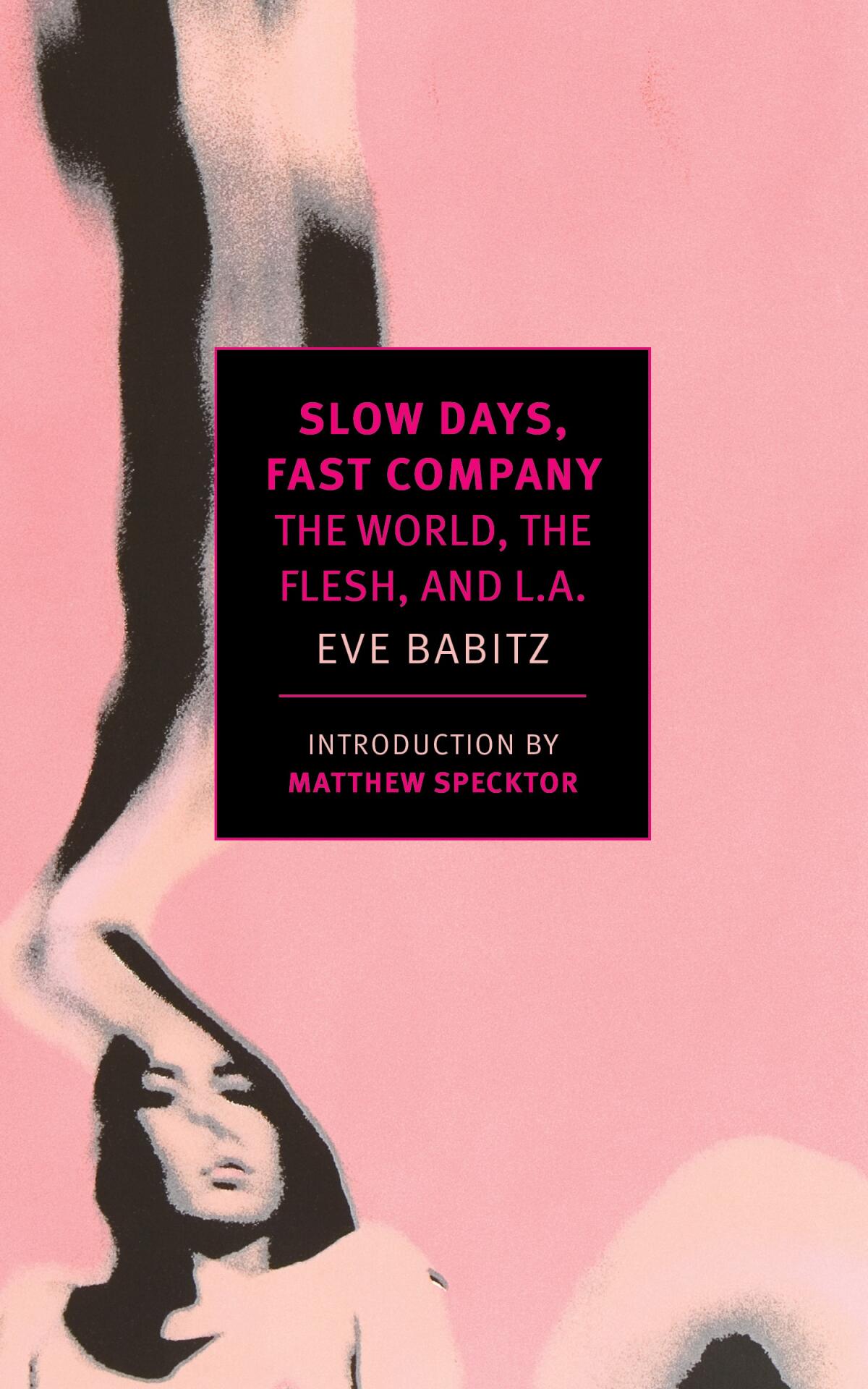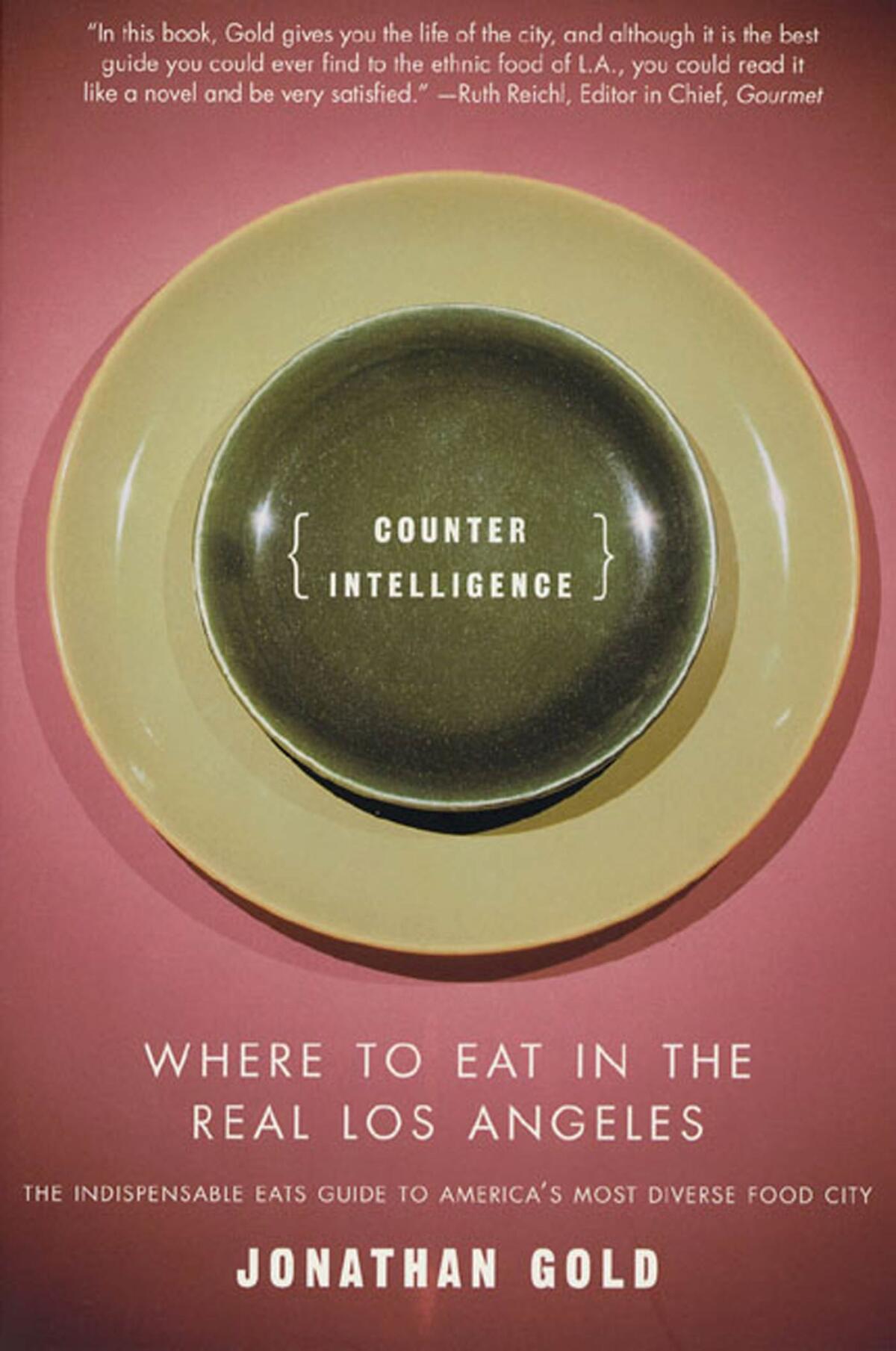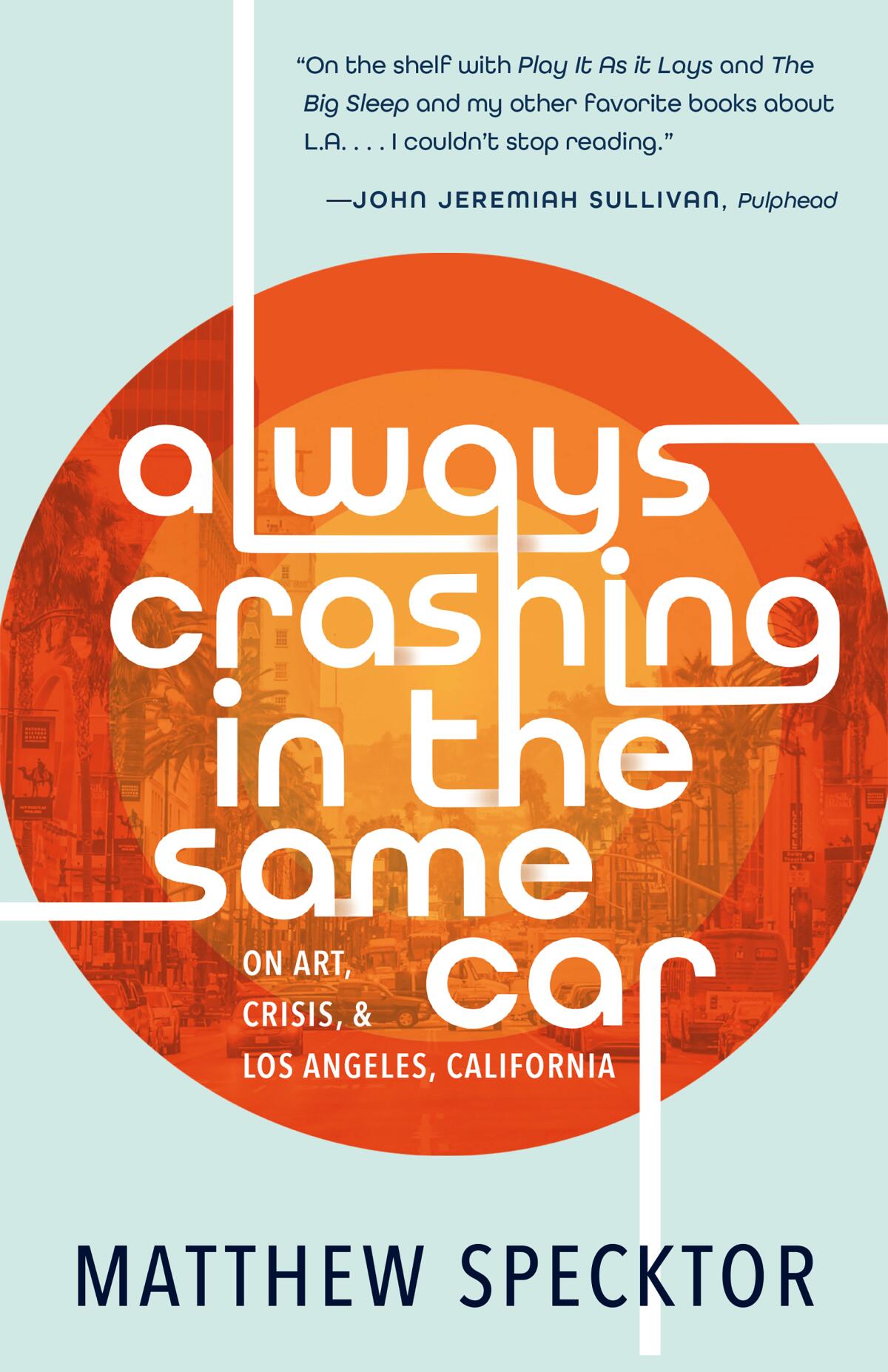For our Ultimate L.A. Bookshelf, we asked writers with deep ties to the city to name their favorite Los Angeles books across eight categories or genres. Based on 95 responses, here are the 13 most essential L.A. essays or essay collections, from Didion and Babitz and D.J. Waldie to Jan Morris, Jonathan Gold and a few rediscovered classics.
- If you buy books linked on our site, The Times may earn a commission from Bookshop.org, whose fees support independent bookstores.
…
Trousers and Skirts by Alma Whitaker, 1923
This collection of witty L.A. Times columns focuses on men and women and their struggles during the early flapper era. Whitaker, a British immigrant with an ailing husband, started writing for the paper in 1910 for the rate of 15 cents per column inch. She wrote fast and on deadline until retiring in 1944, becoming, the paper wrote, “one of the most famous writers on women’s topics in the first half of the century.” In this book, she is a proto-feminist with a sly gaze — as in her analysis of the importance of the length of a man’s shirt. — CK
Small Town Los Angeles by Willard Motley, 1939
A gifted, chameleonic writer, Motley wrote about the poor, he tried to be straight and his protagonists were usually white — though he was none of those. Still, he became a literary star, and his novel “Knock on Any Door” even became a solid Humphrey Bogart picture. Motley’s L.A. sojourn didn’t last long, but as evidenced in this charming magazine piece, plenty of great writers have stayed longer and seen less. Motley died in Mexico after writing the novel “Let No Man Write My Epitaph.” His own epitaph might well have been the famous line spoken in his first novel: “Live fast, die young and have a good-looking corpse.” He himself might have preferred his oft-repeated motto: “My race is the human race.” — DK
American Me by Beatrice Griffith, 1948
If a white professional-dancer-turned-social-worker wrote a book about Chicano life in the Eastside today, she would probably get canceled. But when Griffith did it in 1948, no one blinked — because no nationally released book had ever touched the subject, and because “American Me” is extraordinary. It sympathetically tackled subjects sadly relevant today — police brutality, racism, gangs, public health, corrupt politicians — by pairing a short story with an essay. The former paints vivid scenes with the era’s Chicano patois; the latter uses stats and interviews to damn a racist city and praise the Mexican Americans who nevertheless succeeded. A local bestseller, “American Me” quickly slipped from L.A.’s consciousness, mostly because Griffith never published again. — GA
The Pachuco and Other Extremes by Octavio Paz, 1950
Paz wasn’t the first to write about the pachuco. But the Mexican poet and critic was the first to tackle the topic philosophically in his opus on Mexican identity, “The Labyrinth of Solitude.” His nihilistic depiction of Chicano youth has been celebrated and denounced, but it remains the work with which every historian must grapple. And his depiction of L.A. is impeccable: “At first sight, the visitor is surprised not only by the purity of the sky and the ugliness of the dispersed and ostentatious buildings but also by the city’s vaguely Mexican atmosphere, which cannot be captured in words or concepts.” — CAM
Slouching Towards Bethlehem by Joan Didion, 1968
Everyone has their favorite Didion, and many survey respondents opted for “The White Album,” focused more tightly on Southern California. But “Slouching” was a thunderbolt, a direct hit on the counterculture. The title essay is arguably her masterpiece, a cool vivisection of a place and time when the center fell apart. We have “Los Angeles Notebook” to thank for — among other gifts — the best weather reporting ever put to paper (on the Santa Ana winds). Then there was “Some Dreamers of the Golden Dream,” a true-crime writearound that became an evisceration of the suburban idyll. “None of the other books on my list exist without Didion’s classic,” writes Tod Goldberg. — BK
Who is a Chicano? by Ruben Salazar, 1970
With one brilliant sentence — “A Chicano is a Mexican-American with a non-Anglo image of himself” — Los Angeles Times reporter-turned-columnist Ruben Salazar encapsulated the feelings of a generation. His manifesto only got sharper from there: With 644 unsparing words, Salazar excoriates California’s Spanish fantasy heritage, decries government policies, laments the infighting that kept Chicanos “politically impotent” and praises young people willing to stand up to their elders. The column, which remains a staple of anthologies, launched a six-month run that only ended when an L.A. County sheriff’s deputy’s tear gas projectile hit Salazar in the head during the Chicano Moratorium, killing him instantly. — GA
Slow Days, Fast Company by Eve Babitz, 1977
“You can’t write a story about L.A. that doesn’t turn around in the middle or get lost,” Babitz writes in her second book. The collection is steeped in the understanding of a native daughter, which means she doesn’t need to explain anything. How refreshing that is — and also Babitz’s voice, which is smart and funny, evoking excess as a way of life. Or not excess exactly, but a kind of ease, a lack of pretension and the ability or willingness to embrace Los Angeles for what it is. “Eve’s masterpiece,” says the author’s biographer, Lili Anolik. — DLU
Los Angeles: The Know-How City by Jan Morris, 1980
First published in Rolling Stone but collected in her 1980 book of travel essays, “Destinations,” Morris’ essay is among the finest ever written about Los Angeles, taking as its starting point the idea that the city is not, as cliché would have it, a fantasy factory, since all the fantasies require real-world skills in order to be built. How revolutionary was that? “The first essay,” says Marc Weingarten, “that introduced me to a Los Angeles that existed outside any Hollywood frame of reference.” — DLU
Holy Land by D.J. Waldie, 1996
In a move that recalls “Play It As It Lays,” Waldie’s first book features 316 chapters, some no longer than a sentence or two. The structure mirrors the content, which traces three related narratives: the history of Waldie’s family; the story of Lakewood and its development as a planned community; and the saga, lithic and otherwise, of the land itself. Waldie was once Lakewood’s public information officer; he still lives in the house his parents bought before his birth. “Lyrical, surprising, strange, and smart,” says Bill Deverell, of this most idiosyncratic of Southern California books. — DLU
Counter Intelligence by Jonathan Gold, 2000
With apologies to Lynne Thompson, the late Times food critic Jonathan Gold will always be our poet laureate. Before most people had ever heard of Zankou Chicken, Gold unforgettably called its beloved garlic puree “a fierce, blinding-white paste… whose powerful aroma can stay in your head — also your car — for days.” Nobody has ever used the second person as intimately as Gold did. He just assumed that you too knew and loved L.A. — and somehow, if only while you read his reviews, you did. With him gone, who’s the glue now? Especially after the passing of Vin Scully, who else could ever mean so much to so many different Angelenos? — DK
LAtitudes: An Angeleno’s Atlas, edited by Patricia Wakida, 2015
UC Press published Rebecca Solnit’s wonderful “Infinite City: A San Francisco Atlas” in 2010, and a certain breed of righteous Angeleno immediately demanded, “Where’s ours?” Five years later, Heyday Books obliged with “LAtitudes,” a map-studded, cherishable collection of essays by Ultimate Bookshelf authors Michael Jaime-Becerra, Lynell George and Luís J. Rodríguez as well as Josh Kun, Laura Pulido, Cindi Moar Alvitre and more. Xochitl-Julisa Bermejo nominated it “because I love mapping and because so often L.A. is seen as ugly and vapid, but the essays in this collection find beauty in those things while also honoring the city’s roots.” — DK
White Sands by Geoff Dyer, 2016
The world is Dyer’s straight man. He can visit a landmark already written about by Calvin Trillin, Charles Mingus, Thomas Pynchon, Jan Morris and Don DeLillo and wind up more or less owning the Watts Towers. Then there’s his rumination on stalking Theodor Adorno’s ghost around Brentwood, and then a profoundly funny essay about settling down in Venice to teach at USC and promptly having an ischemic stroke. We can only kvell that one of the world’s greatest writers has picked Los Angeles, after visiting almost every habitable spot on Earth, to make his home. — DK
Always Crashing in the Same Car by Matthew Specktor, 2021
In part, Specktor’s essays around failure in Los Angeles are a memoir: Son of a CAA agent, he returns home to Hollywood, loses his mother to cancer and ponders his inability to capitalize on his advantages. But his solace comes from his real subjects — F. Scott Fitzgerald, Hal Ashby, Tuesday Weld, Warren Zevon and others — who had navigated this city unforgiving of the unsuccessful. “L.A. seemed a mythical place to a Midwestern girl mesmerized by celebrity culture,” notes novelist Laura Warrell. “But after moving here, I found myself wondering how Angelenos who had little or nothing to do with Hollywood built lives and identities around it. Specktor tells us this and so much more.” — BK
